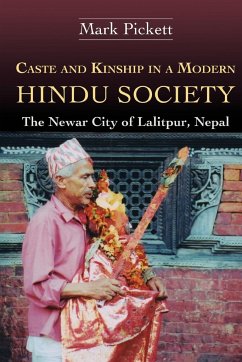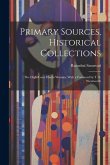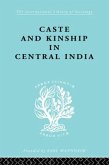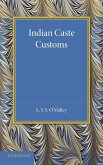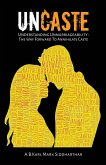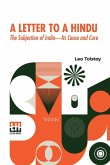This study comprises an in-depth examination of the anthropology of caste as observed in the Newar communities of the Kathmandu Valley, Nepal, and, by extension, within Hindu society more generally. Anthropologists have traditionally held that the phenomenon of caste in South Asia is the expression of a hierarchical system, ranking members in society on the basis of one or more characteristics, such as occupation, power or relative ritual purity. The present study argues that caste-and thus civic order-in Newar society derives from the antagonistic relationship between the forces of family lineage and the historic centrality of royal authority, the latter maintained to the present in annual festivals and by the use of urban space. In his study of four groups of artisans in the City of Lalitpur-collectively the Pengu Dä-Pickett demonstrates how this creative tension between kinship and kingship results in the institution of caste. An important contribution for academic and lay readers with interest in Hindu social structures and South Asian culture.
Hinweis: Dieser Artikel kann nur an eine deutsche Lieferadresse ausgeliefert werden.
Hinweis: Dieser Artikel kann nur an eine deutsche Lieferadresse ausgeliefert werden.

